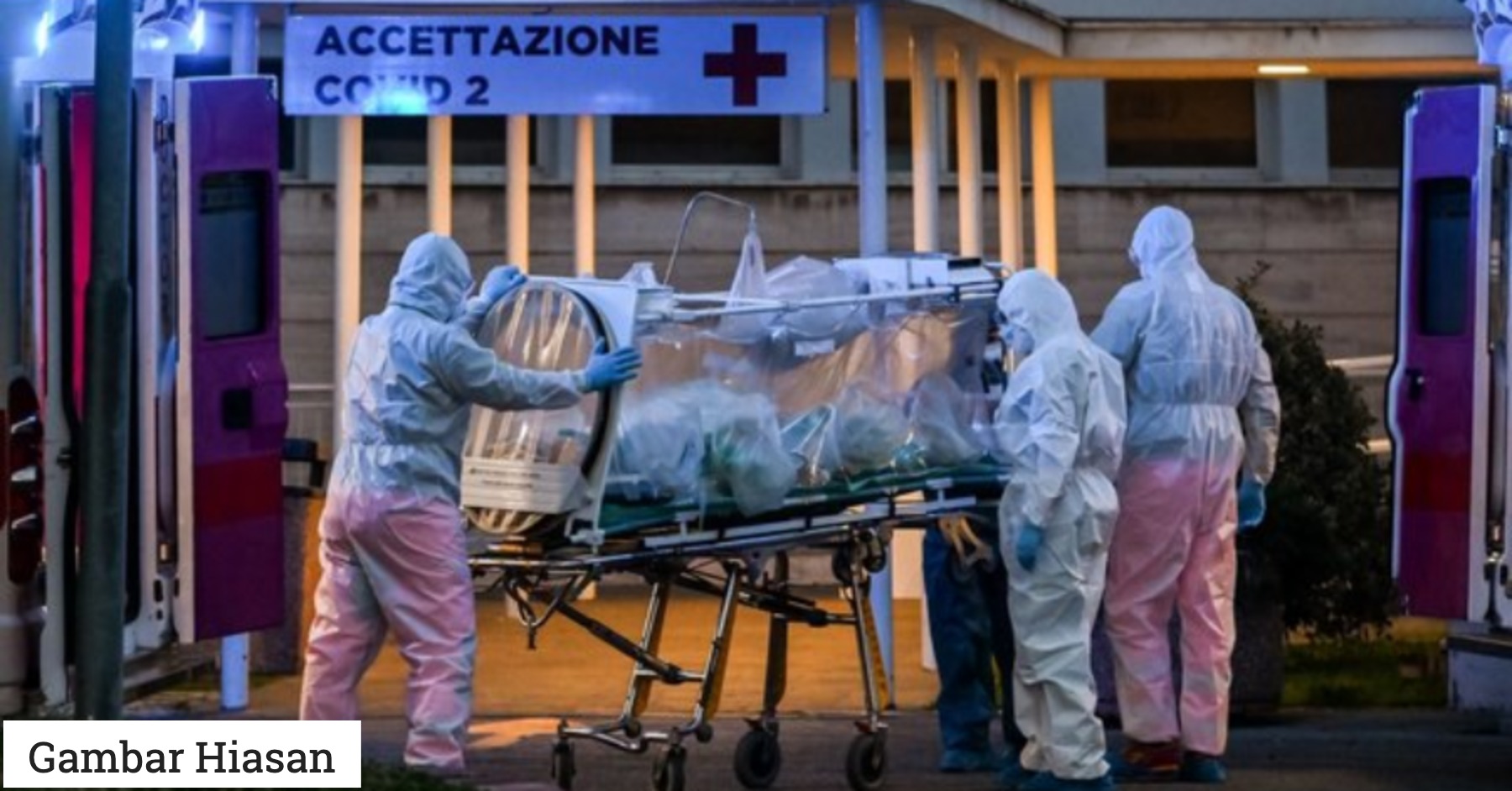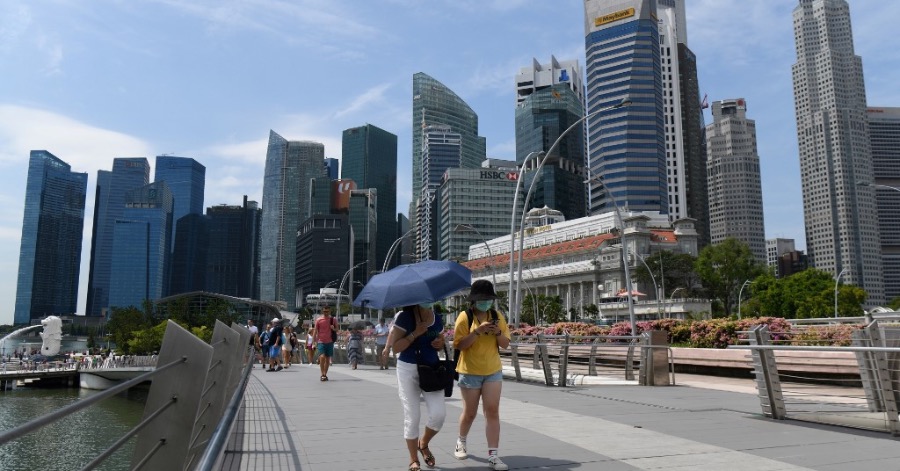GENEVA, Dec 1 — The World Health Organisation (WHO) warned on Tuesday that blanket travel bans will not prevent the international spread of the COVID-19 Omicron variant, even as dozens of countries have already introduced such restrictions, Xinhua reported.
Although labelling Omicron as a “variant of concern”, the WHO said blanket travel bans will only place a heavy burden on lives and livelihoods, while also “disincentivising countries to report and share epidemiological and sequencing data”.
The Omicron variant was first reported to the WHO by South Africa last week. So far, several countries and regions have confirmed cases of infection with Omicron.
“It is expected that the Omicron variant will be detected in an increasing number of countries as national authorities step up their surveillance and sequencing activities,” WHO said in an updated travel advice.
As of Nov 28, 56 countries were reportedly implementing travel measures aimed at potentially delaying the importation of the new variant, according to the WHO.
At a member states session on the Omicron variant on Tuesday, WHO Director-General Tedros Adhanom Ghebreyesus thanked Botswana and South Africa for detecting and reporting this variant so rapidly. It is deeply worrying that these countries were being penalised by others for doing the right thing, he said.
He called the “blunt, blanket measures” introduced by some member states “not evidence-based or effective on their own”. He urged countries to take “rational, proportional risk-reduction measures, in keeping with the International Health Regulations”.
Meanwhile, the WHO advised that persons “who are unwell, or who have not been fully vaccinated or do not have proof of previous SARS-CoV-2 infection and are at increased risk of developing severe illness and dying, including people 60 years of age and older or those with comorbidities that present increased risk of severe COVID-19 (eg heart disease, cancer and diabetes) should be advised to postpone travel to areas with community transmission.”
“Studies are ongoing to understand more about these mutations (of the Omicron variant) and their impact on transmissibility, virulence, diagnostics, therapeutics and vaccines,” it said.
Sources: BERNAMA









Leave a Comment